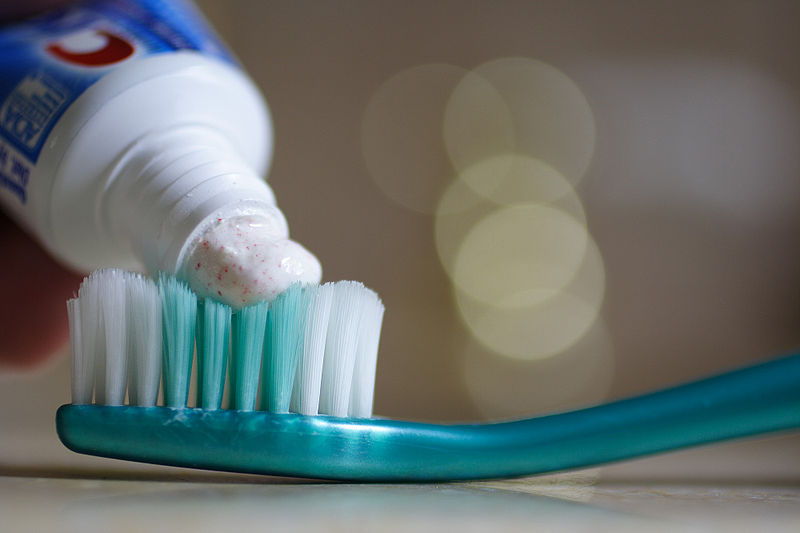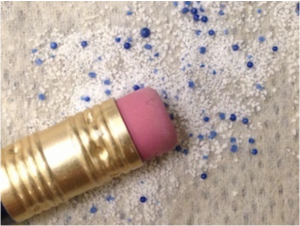 On January 4, 2016, President Obama signed into law a bill that bans production and sale of microbeads in certain products. This national law comes only a year and a half after Illinois became the first state to ban the manufacture and sale of products containing microbeads in June 2014 (Public Act 098-0638). Microbeads are small bits of plastic added to soaps, creams, and even toothpaste for aesthetics and abrasion. These are the important dates for the “Microbead-Free Water Act of 2015”:
On January 4, 2016, President Obama signed into law a bill that bans production and sale of microbeads in certain products. This national law comes only a year and a half after Illinois became the first state to ban the manufacture and sale of products containing microbeads in June 2014 (Public Act 098-0638). Microbeads are small bits of plastic added to soaps, creams, and even toothpaste for aesthetics and abrasion. These are the important dates for the “Microbead-Free Water Act of 2015”:
- July 2017 – manufacture of rinse-off cosmetics containing microbeads is banned
- July 2018 – manufacture of over-the-counter drugs with microbeads is banned and selling rinse-off cosmetics with microbeads is banned
- July 2019 – selling over-the-counter drugs with microbeads is banned
Why are microbeads a concern for the environment?

Microbeads are very small bits of plastic typically used for skin exfoliate purposes and then are washed down the drain. Because they are so small (0.0004 to 1.24 millimeters), the microbeads do not get filtered out with the rest of the solid waste at wastewater treatment plants and end up discharged to lakes and streams, eventually ending up in the oceans. To aquatic life, these plastic microbeads look like yummy fish eggs or plankton which they feed on. Needless to say, the aquatic life do not get the same nutrition value when they mistake microbeads for food. In addition, the plastic tends to sorb chemicals from the water which could leach out into the animals when the microbeads are digested creating a high potential for the bioaccumulation of toxins.

More information:
- NPR’s Morning Edition: Why Those Tiny Microbeads in Soap May Pose Problem for Great Lakes (May 28, 2014)
- Alexandra Sifferlin – Time Health: Know What’s In Your Face Wash: Why Illinois Banned Microbeads (June 24, 2014)
- Story of Stuff: Plastic Microbeads
- The Detroit News: Obama signs into law Upton’s bill banning microbeads

